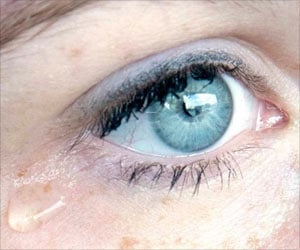Continuous positive airway pressure (CPAP) is effective for patients suffering from mild and moderately severe OSA and daytime sleepiness.

The findings were published online ahead of print publication in the American Thoracic Society's American Journal of Respiratory and Critical Care Medicine.
In the study, 239 patients with newly diagnosed milder OSA and self-reported daytime sleepiness (an Epworth Sleepiness Scale (ESS) score > 10) were randomized to eight weeks of active or sham CPAP treatment. After the eight-week intervention, patients in the sham arm were crossed over to eight weeks of active treatment. The primary outcome measure was total score on the Functional Outcomes of Sleep Questionnaire (FOSQ), which measures the impact of daytime sleepiness on activities of daily living.
The adjusted mean change in FOSQ total score after the initial eight-week intervention was
0.89 for actively treated patients and -0.06 for sham-treated patients (p = 0.006). Mean improvement in FOSQ total score from the beginning to the end of the cross-over phase of the study was 1.73 ± 2.50 (p <0.00001). Significant improvements with active treatment were also seen in ESS scores, Physical Component scores on the Short-Form 36 health survey, and Total Mood Disturbance scores on the Profile of Mood States scale.
"The improvements we saw were highly significant and clinically relevant," said Dr. Weaver. "In addition, our study was conducted at both large and smaller clinical practice sites, making our results highly generalizable."
The study had some limitations, including a short mean duration of active daily CPAP treatment (4.0 ± 2.0 hours/day) and a lower mean duration of sham daily CPAP treatment (3.1 ± 2.1 hours/day).
Advertisement
Source-Newswise















